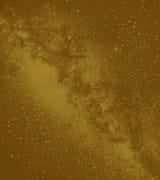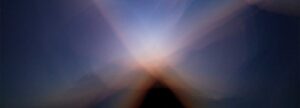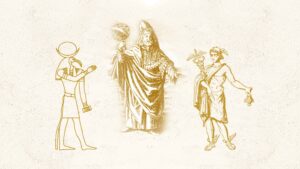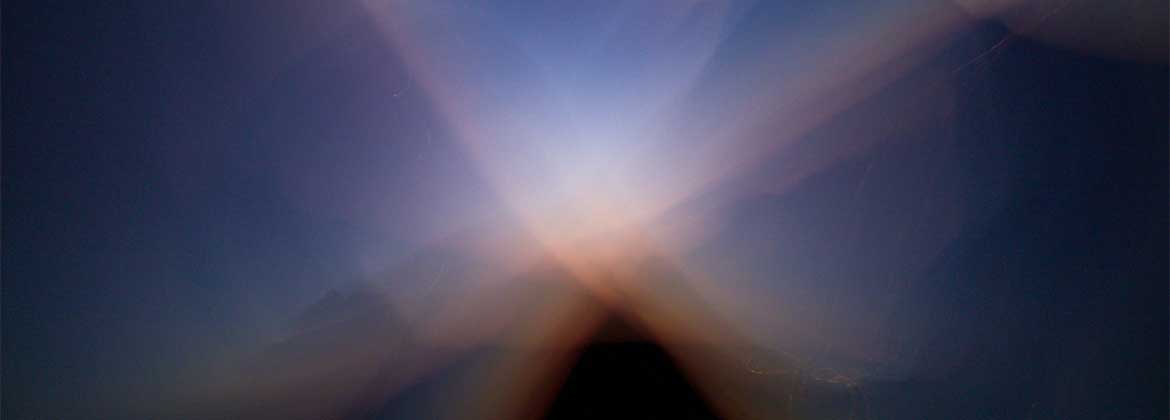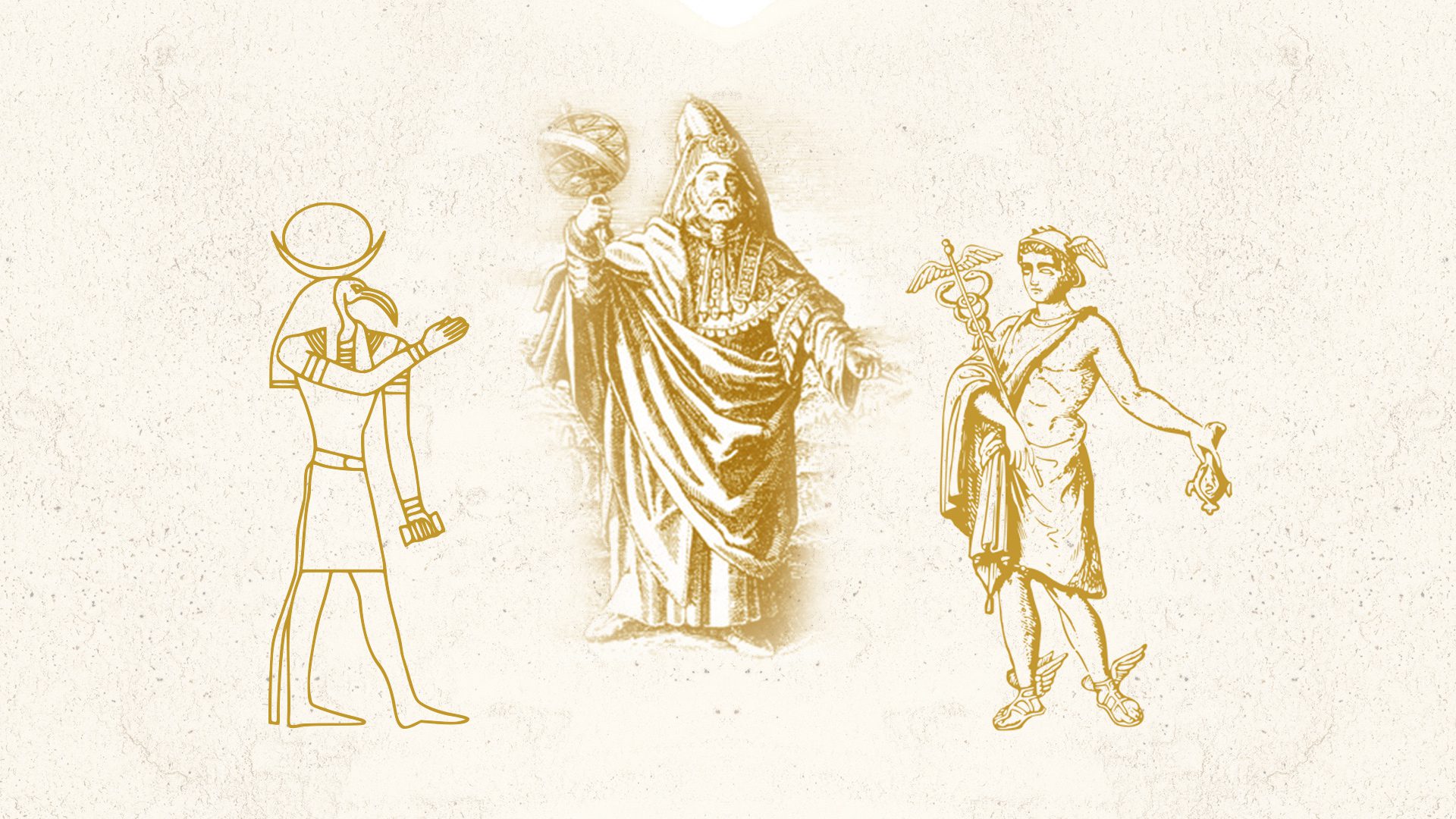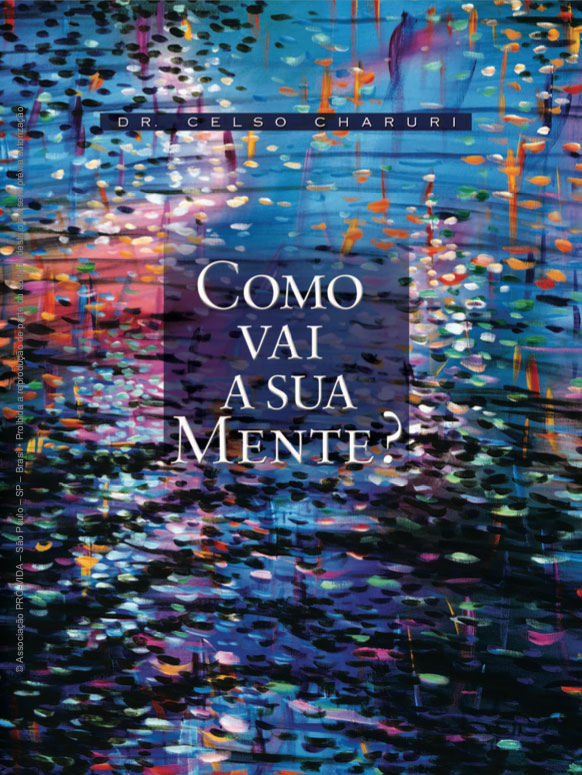Organic Gold
Organic Gold

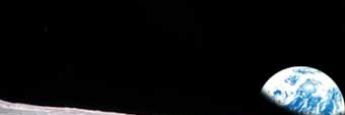
It was on December 24, 1968 – Christmas Eve – that the Apollo 8 astronauts, while on a manned mission to orbit the Moon, took one of the most important photographs in history, almost by chance. Earth rising on the horizon. Man went into space for the first time and from there saw his dwelling from an unexpected perspective to humanity.
The photo was named “Earthrise”. Those who pay attention will notice that the name has a double meaning: it refers to the emerging of the celestial body on the horizon, and also to the dawning of a new comprehension of the planet as our home.
The image quickly became popular and people had a more tangible glimpse of what Great Minds repeatedly said over time: we are brothers!
All of those imaginary lines artificially created which were called countries, states, cities, neighborhoods are in fact mere abstractions that create division but do not actually exist. They are human creations. The logical conclusion was: we all inhabit the same dwelling. From a cosmic perspective, we are all one!
Based on this perspective, a new ecological mentality emerged in the beginning of the 70s challenging the belief – among other things – that it is possible to get rid of all the trash we produce when we take it outside.
From the Earth perspective, there is no such thing as taking the trash outside. Because there is no outside.
Man begins, then, to search for ways to harmonize with the planet, given the respect brought by this new comprehension of one’s place in space and time. Blending his knowledge with new technologies, he strives to see other facets and ways to deal with the matter that most people classify as “trash”.
Where one would previously see only “food scraps”, “leftovers”, now one can see the potential of raw material that can be transformed into compost, which has great value, even monetary value. Every uneaten food item which would have been wasted now has a new, noble, useful function.
So noble that this material was called “organic gold” in the “Zero Trash project”, implemented at the Clube PRÓ-VIDA in Araçoiaba. The Project aims to close the cycle of matter, reducing the volume of waste that is sent to landfills to almost zero, through the following fronts: composting, selective collection, waste disposal, bio-digestion and environmental education.
This set of actions, aimed at better use of the planet’s existing resources and those generated by man, are manifestations of a being whose awareness is expanded to recognize that it is an integral part of nature.
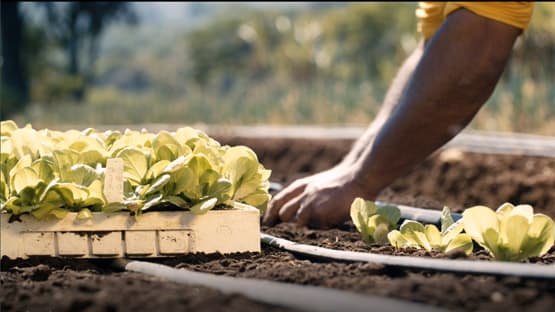
The organic gold is obtained through composting, the biological process in which microorganisms transform organic matter (such as leaves, twigs, food scraps, when properly separated) into a material similar to soil that is called compost.
Compost is used as a natural fertilizer in organic vegetable gardens, flower gardens and in several areas of the club in Araçoiaba, for example.
By proposing to properly discard and reintegrate all those elements into the cycle of life in a sustainable way, it is possible to change old habits based on a new reason that has been presented and can be actioned through free will.
As in alchemy, the metal despised by the common man has in itself all the potential to be the raw material that an alchemist would change into gold. It is the same material. But could the alchemist perform the great work without having changed himself first? Not likely.
Man also, as he does not recognize the potential of the gold he has inside, wastes part of his time and energy seeking satisfaction in the branches that can only be found in the roots. He aims to perform great works but not small tasks … such as separating the trash. As this quote attributed to Confucius says:
“Between the little things we do not do and the great things we cannot do, there is the danger of doing nothing.”
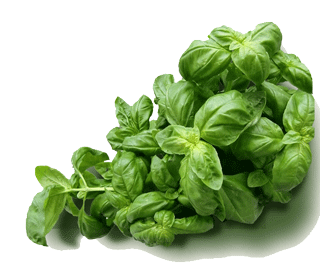
Trash? Scraps? Leftovers? … or organic matter?
Just like beauty, maybe the answer is in the eye of the beholder and in each one’s decision to action this knowledge and make it useful.
The food item that was not eaten can become trash and remain in decomposition on a landfill with other substances such as plastic for hundreds of years, wasting its value and potential; or can be properly discarded in order to be reintegrated and potentialized into the cycle of nature, which is wise and economical. This material, which is alive and has something that goes beyond its chemistry, will soon become food again, with even more energetic power.
We invite you to take another look at what the collective mind calls trash. Look again. What do you see?
Organic matter cycle: turning trash into gold.

